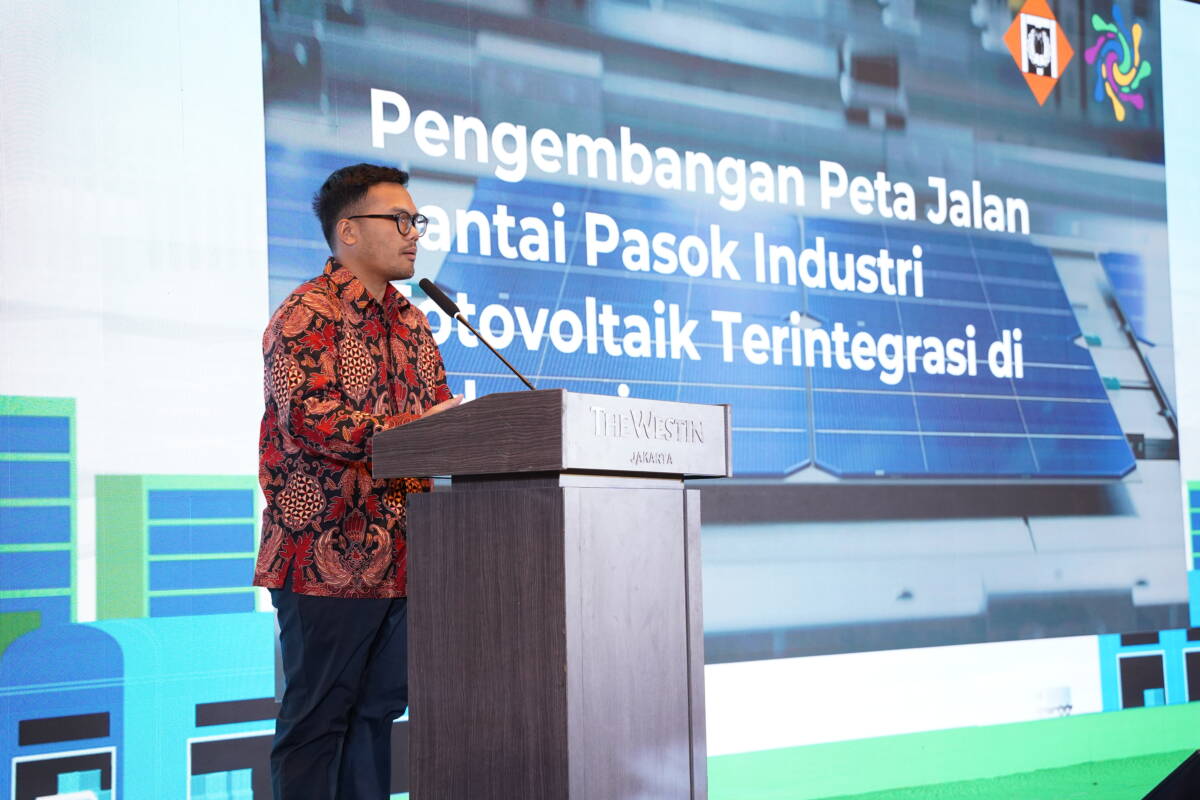
Indonesia Must Seriously Develop an Integrated Solar Industry
Jakarta, August 5, 2025 – The 2025–2060 National Energy Policy targets increasing demand for solar power plants, reaching up to 108.7 GW by 2060. Indone... Read more.
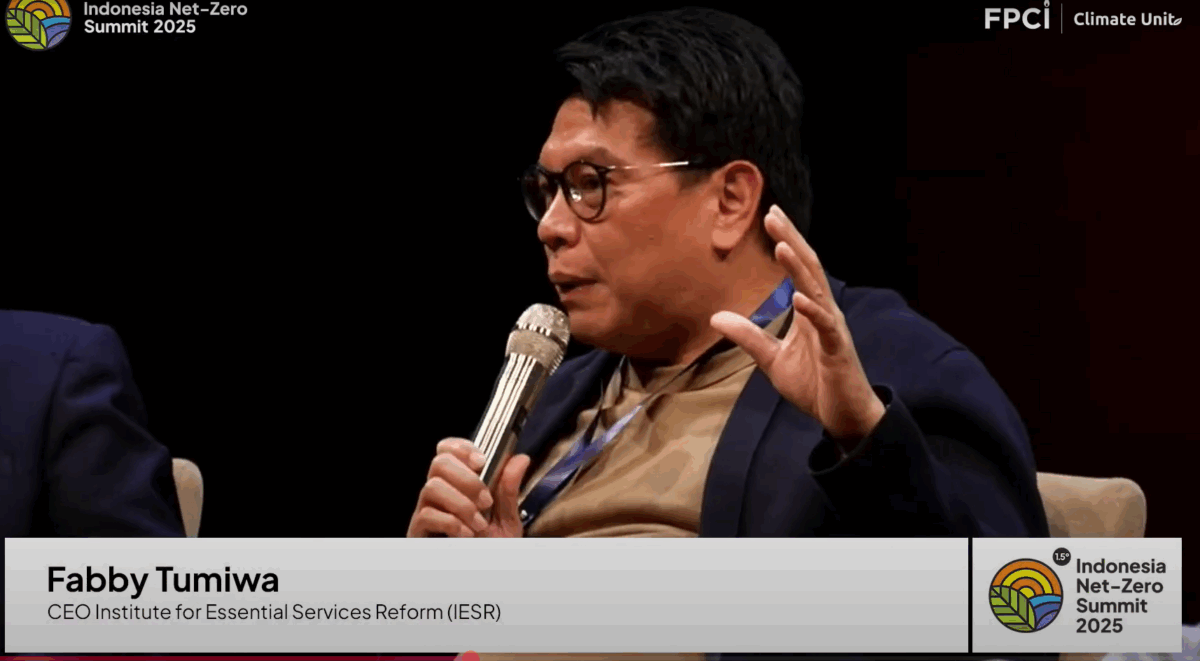
Emissions Reduction as a Prime Foundation for Becoming a Developed Country
Jakarta, July 26, 2025– “If Indonesia wants its economy to grow above six percent, then we must integrate emissions reduction efforts with the use of re... Read more.
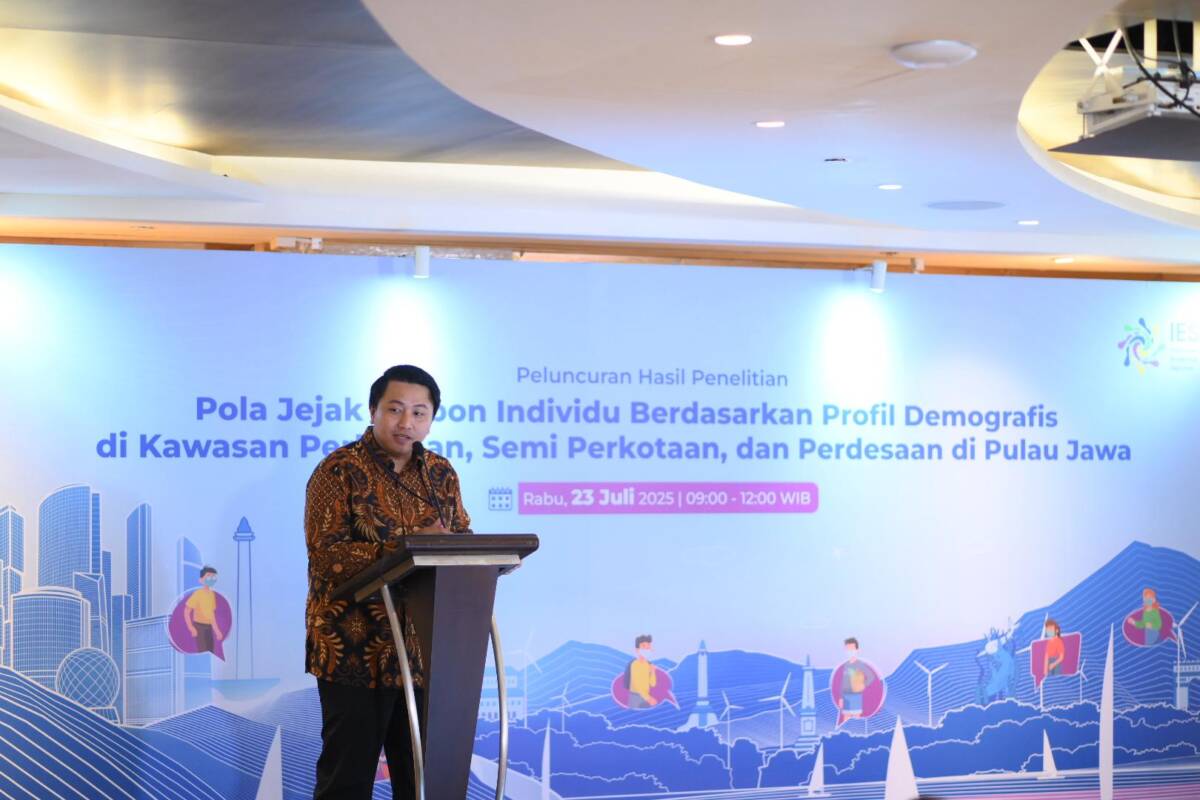
Urban Areas on Java Island Are the Highest Contributors to Individual Carbon Emissions
Jakarta, July 23, 2025 – Human activities are the primary contributors to the increase in atmospheric carbon emissions. These emissions are driving the climat... Read more.
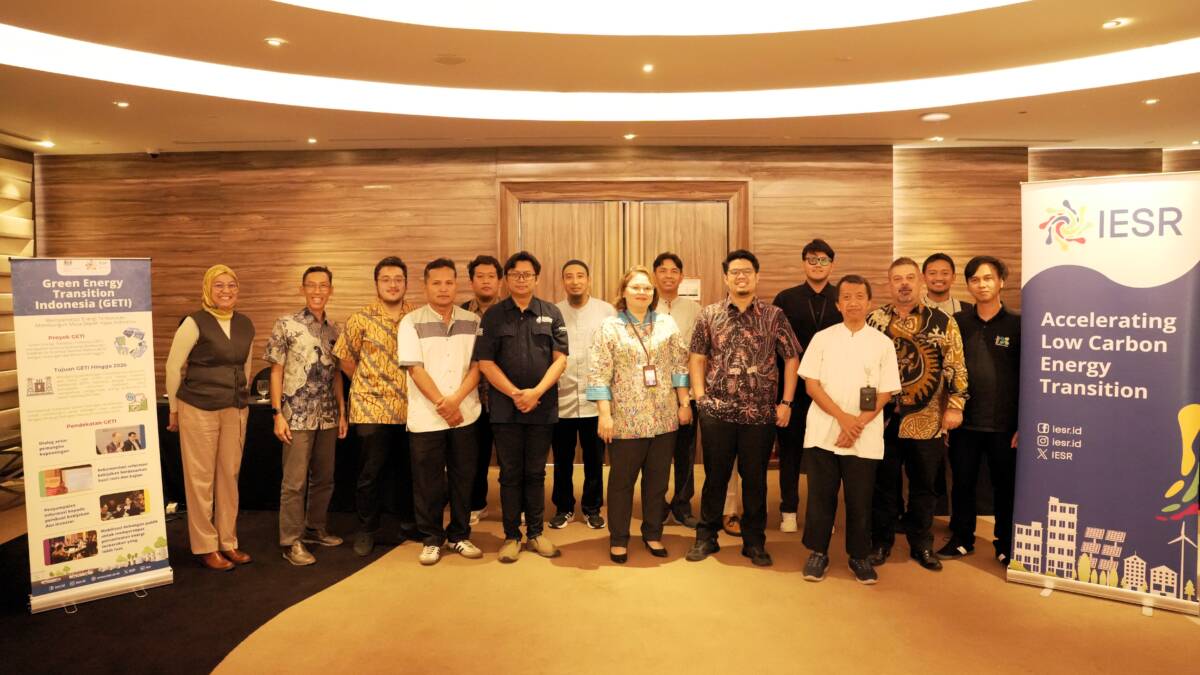
Opportunities to Reduce Green Hydrogen Production Costs in Indonesia
Jakarta, July 18, 2025 – The Indonesian government launched the National Hydrogen Strategy (SHN) in 2023 and the National Hydrogen and Ammonia Roadmap in ... Read more.
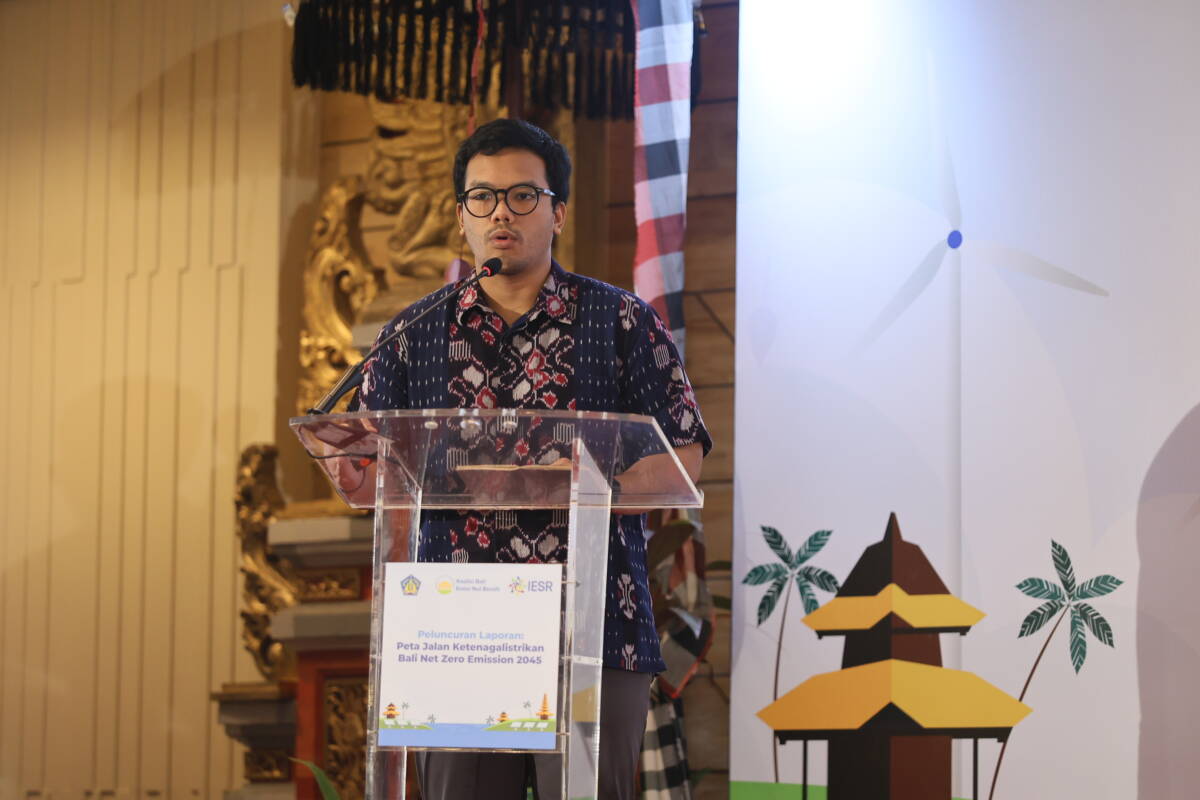
Bali Moves to Realize 100% Renewable Energy and Zero Emissions 2045
Denpasar, July 15, 2025 – With reference to the values of Nangun Sat Kerthi Loka Bali, Bali Province strives to encourage energy independence and reduce e... Read more.
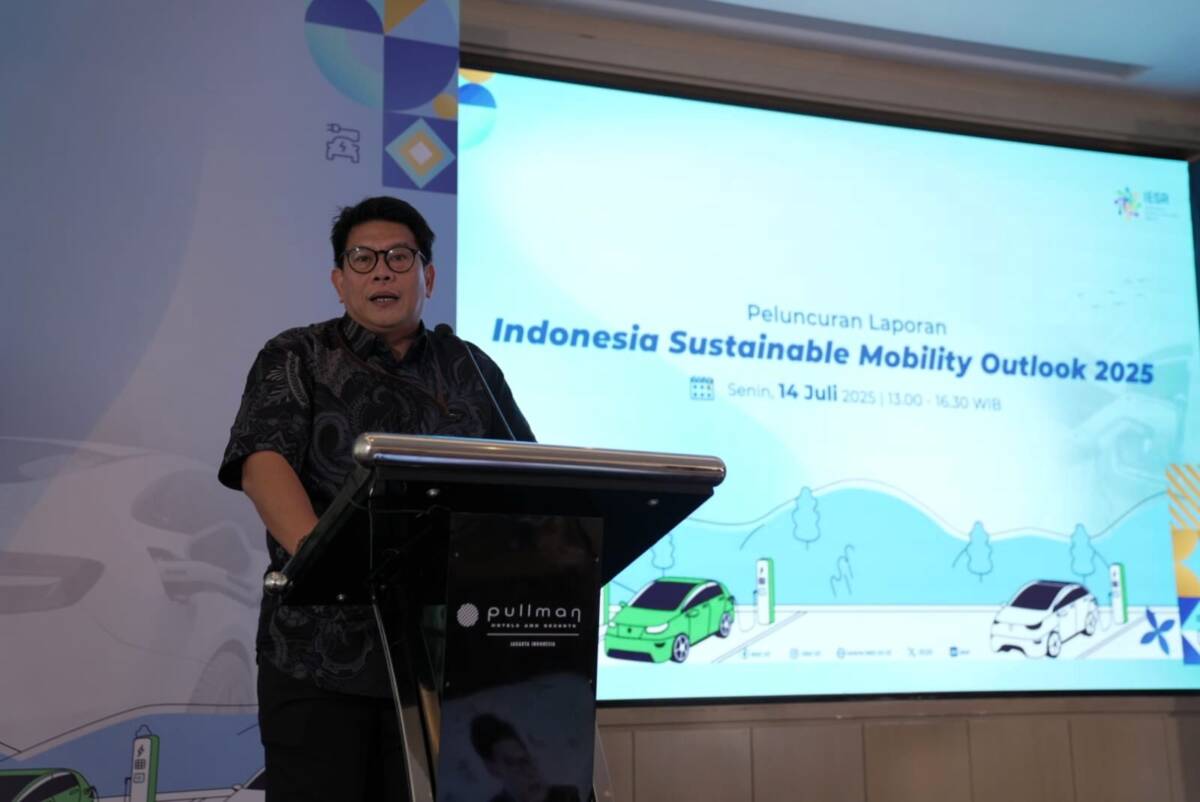
Realizing a Low-Emission and Sustainable Transportation Strategy for a Progressive Indonesia by 2045
Jakarta, July 14, 2025 – The Prabowo-Gibran government is being urged to develop a low-emission and sustainable mobility strategy to realize its goal of b... Read more.
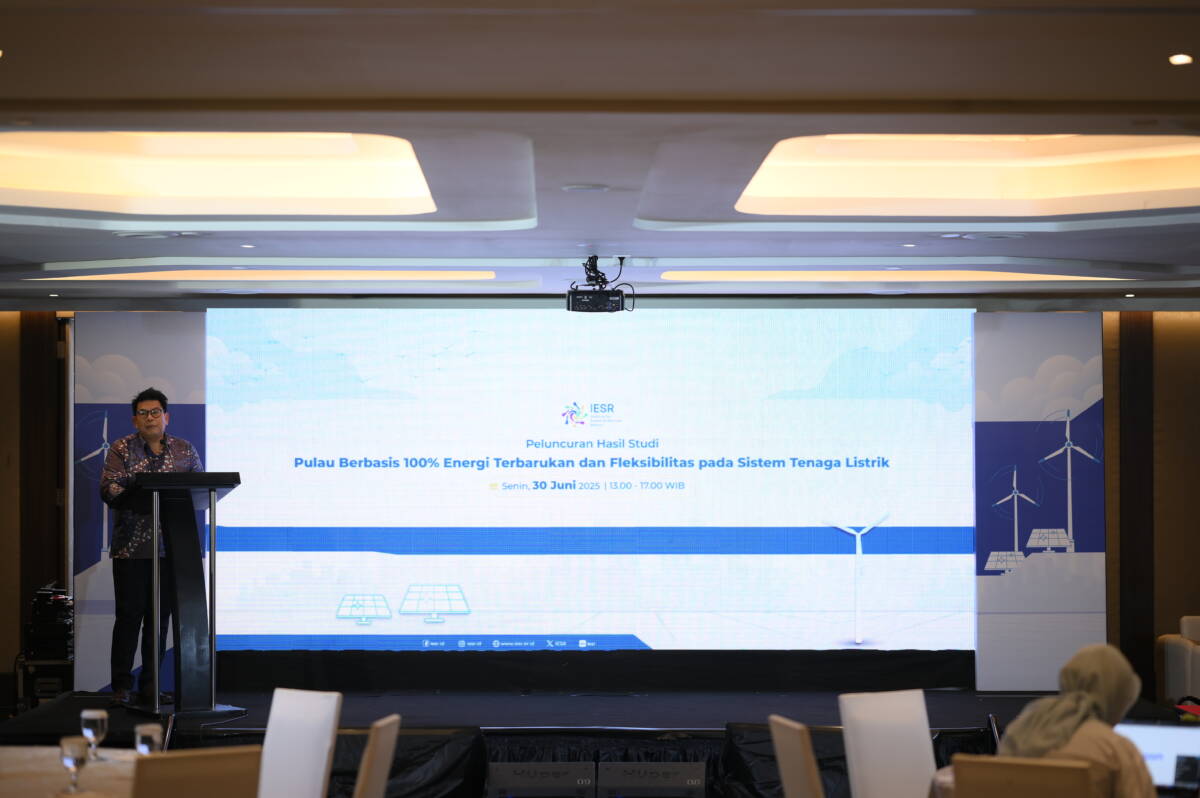
Sulawesi, Timor and Sumbawa Islands Can Be Fully Electrified by Renewable Energy
Jakarta, June 30, 2025 – As the world’s largest archipelago, Indonesia has an advantage in accelerating the energy transition. The Institute for Ess... Read more.
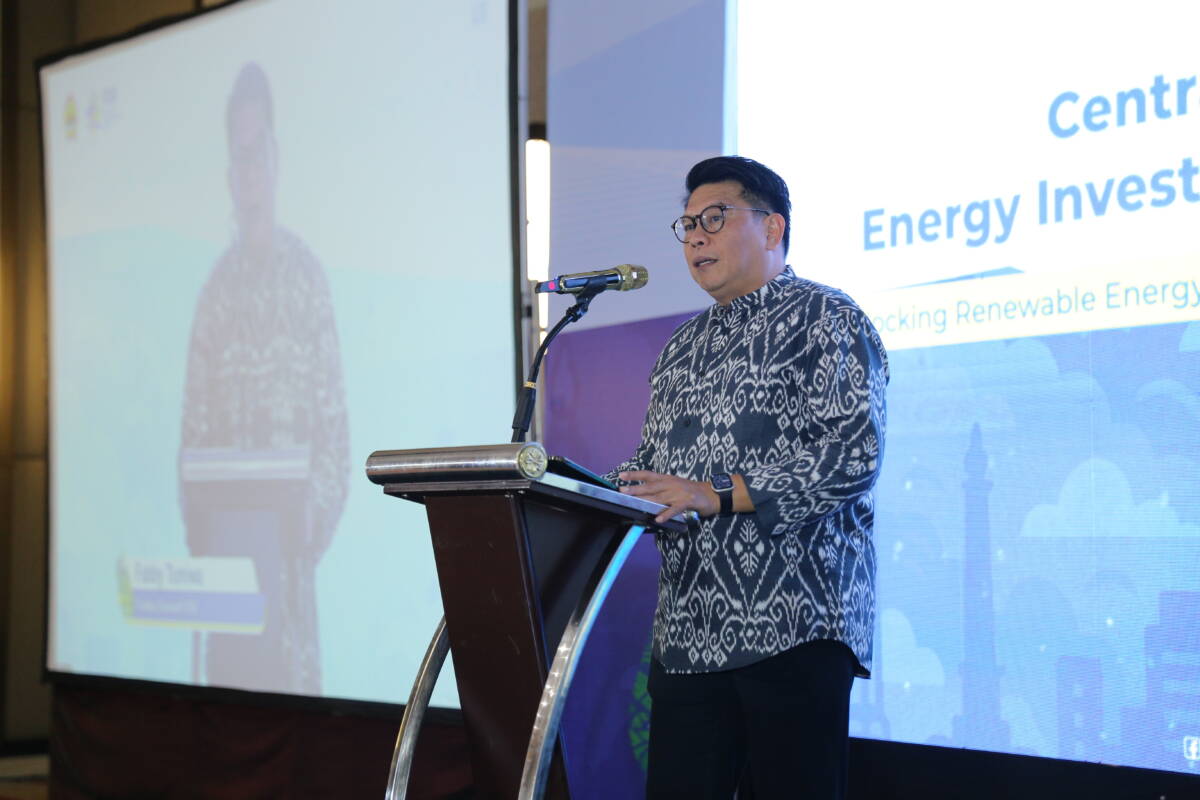
Five Priority Actions to Boost Green Investment in Central Java
Semarang, June 26, 2025– Central Java possesses strong potential to accelerate the transition to renewable energy and develop a low-emission economy. Econ... Read more.
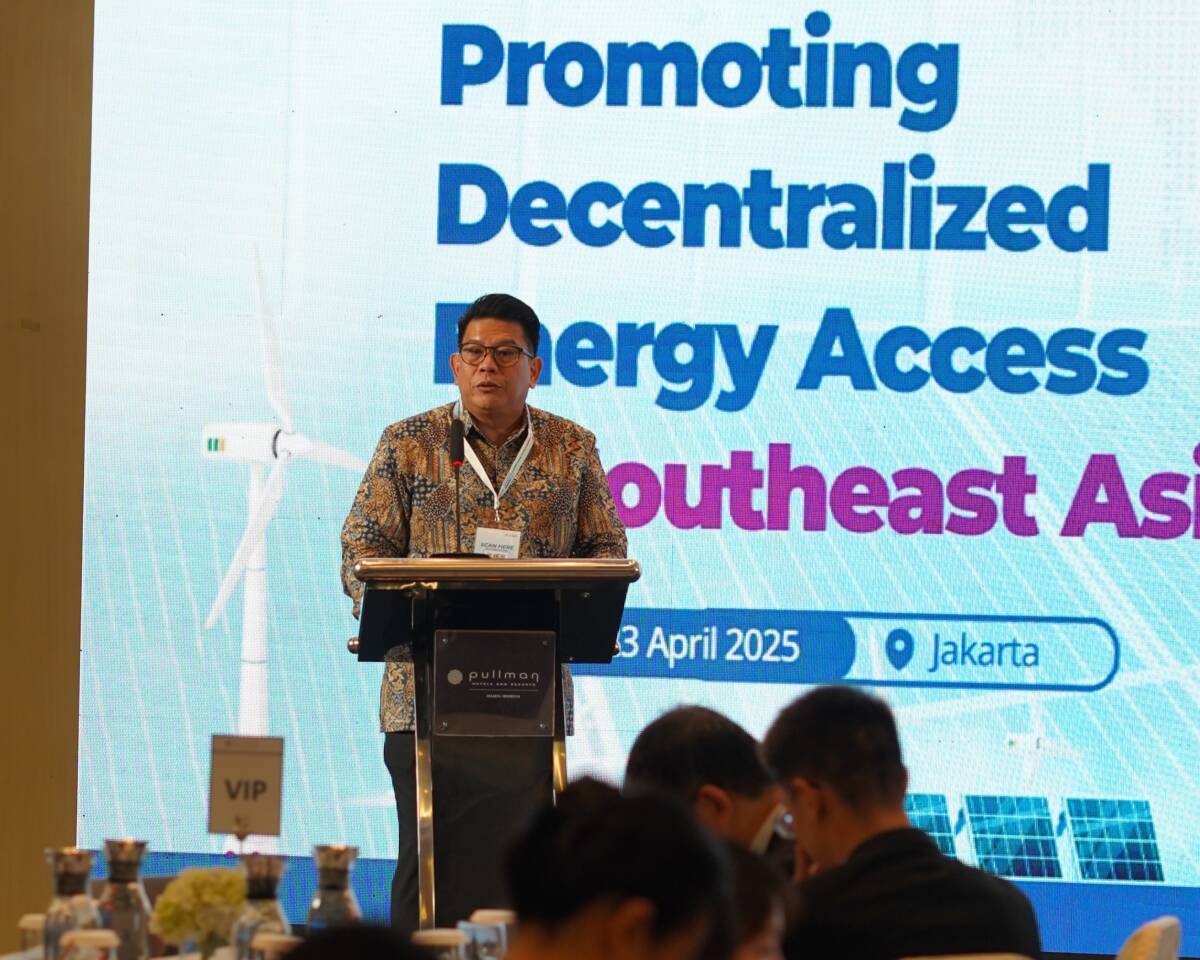
46th ASEAN Summit: Transformative Approach to Energy and Climate Transition Needed
Jakarta, June 2, 2025 – The 46th ASEAN Summit, which concluded on May 26, 2025, produced a long-term vision document titled ASEAN 2045: Our Shared Future. I... Read more.
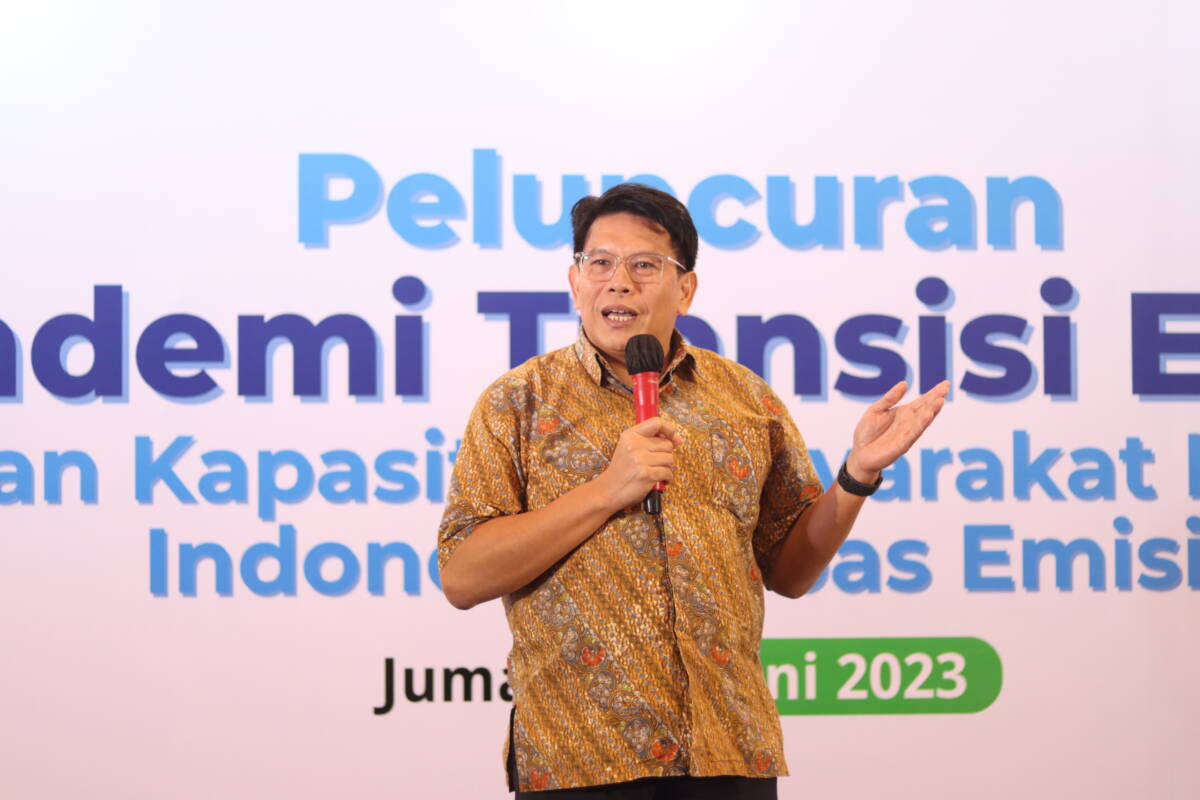
Government Needs to Ensure Strategy to Achieve Renewable Energy Target in RUPTL 2025-2034
Jakarta, May 27, 2025 – The Ministry of Energy and Mineral Resources (KESDM) has just ratified the PLN Electricity Supply Business Plan (RUPTL) 2025–2034 on... Read more.

